Marcus Steffen – The Reluctant Businessman
When people ask me what I do, I usually say I am a lighting designer. That has been my profession for approximately 20 years, and it is a core part of my identity. But now I don’t think I can keep saying that. As I have built my own consultancy business over the last 10 years, I have had to focus on running the business. I have hired staff, I do training, I do marketing and sales; everything that comes with a business. It has slowly become apparent that I am a businessman first, and a lighting designer second. This was something I fought against for a long time, since my passion for light is still there, but I have come to realise that they complement each other in wonderful ways.
arc has been kind enough to give me the opportunity to write about the business of lighting design. With my series of articles, I hope to share what I have learned and why, even as I focus on the business side, I still feel the essence of a lighting designer inside me.
In the design world I often feel that we believe business, money, organisation, profit; these are all dirty words. As if thinking about these somehow sullies the creative process in which we work and that if we don’t focus on purely the design element, we are somehow not producing our best work. But over my journey from starting my own consultancy to growing with staff, number of projects and their size, I feel that the opposite is actually true. Every step I have taken to building my business and focusing on that side has resulted in better quality work, happier clients and allowed us to incorporate good lighting into many more projects. I believe that the two go hand in hand.
But why start your own business? I think most designers dream of the freedom of being their own boss. They really want to focus on producing the best designs they can for clients, and having control over their time, all the while supporting them with income. I know this is what motivated me to start my own business. I dreamt of a few well-paid projects, time to travel, and a comfortable place to live. Unfortunately, when you start out, it is hard work, and a lot of it is not related to design. There are accounts, endless admin, dealing with clients, trying to win projects, building processes and endless other tasks, pulling you away from your design work. This can take its toll, and generally leads to frustration, exhaustion and even burnout. You fall out of love with your dream and normally the business fails soon after. Many numbers fly around but generally half of businesses fail in the first five years, and 70% after 10 years. These are tough numbers to face.
The harsh reality is that if you want to spend your days creating the most amazing, beautiful lighting designs then your best option is to work as hard as possible to get a job that allows you to do this. Working in a company will give you the freedom to focus purely on design and being creative, while the company takes care of getting the projects and looking after all the admin.
Actually running a business is an entire other job from what the business actually does. I run a lighting design business, so we produce lighting designs for clients. I have lighting designers who work for me and produce the majority of that design work, and most of my time is spent on what happens around the lighting design. I am focused on ensuring the designs are delivered on time, where the new projects will be coming from when we finish those designs, looking to the future, and how we can improve the services that we offer. Almost none of that is doing actual lighting design. To run a business, you really need to have more than one person because there is just too much to do. If you start on your own, then it is almost a race to grow, expand and fill those roles before you burn out from exhaustion of doing 3-4 jobs by yourself.
Over the years I have had many lightbulb moments, but one of the key ones was thinking about what would happen if I got ill. If I was unable to do the lighting designs then clients would be upset, bills wouldn’t be paid, and I would be in a very tough position. This became even more relevant once I had employees since I wanted to ensure that they felt secure in their jobs. This fear (and fear can be an excellent motivator) led to me building a business that will not need me to function day to day. I want it to be able to produce incredible lighting designs that blow clients away, and can be easily delivered by contractors, but doesn’t rely on me to do this. My knowledge and experience isn’t used for dealing with projects day to day, but rather it is embedded in the training of designers and in the design processes and systems we have put in place to ensure good designs are produced. I balance the need to create and design (which is still a huge part of me as a lighting designer) with building a business that does what I love when I am not there.
I don’t want to put you off starting your own business, or if you are running one already, make out that it is hopeless. On the contrary, I think creatives can actually make amazing business owners. That problem solving, innovation and ability to create are all essential skills. The key is to remember to apply them to the business, as well as what it produces. For me, the ability to do many more designs as a team has inspired me, because that means there are less projects out there that are poorly lit, to the detriment to everyone who uses those spaces.



